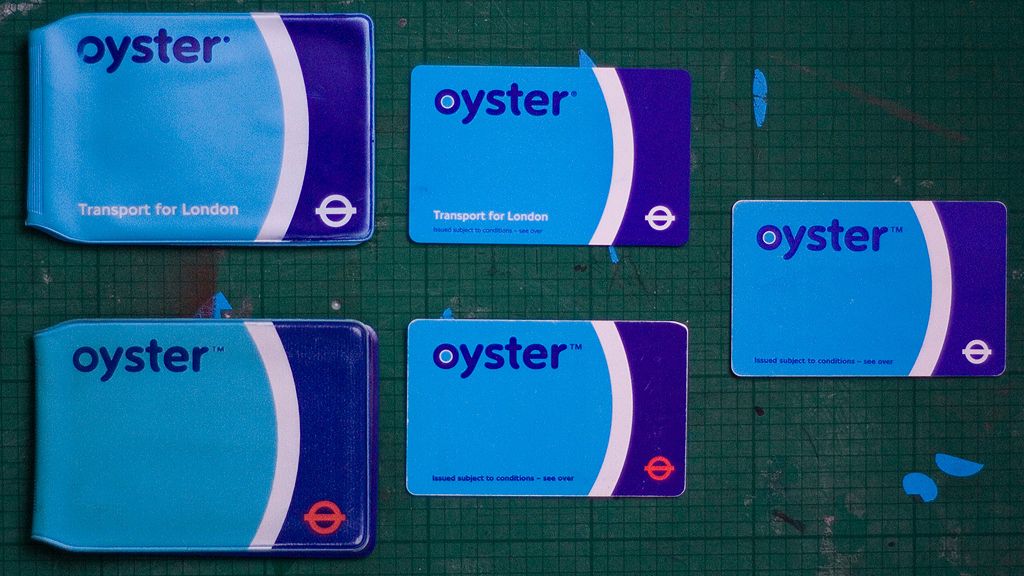
London’s tourist tax: lessons from European capitals
Mayor Sadiq Khan is contemplating the introduction of a tourist tax in London to bolster the city’s budget and fund infrastructure development. Similar measures have already been implemented in various European cities, offering valuable insights for the British capital. Afisha.London magazine delves into the history, mechanics, and impact of this tax across Europe.
What is a tourist tax?
A tourist tax, also known as a city tax, is a fixed amount or a percentage of accommodation costs that travellers pay in addition to their regular expenses. In some cases, it is charged upon entering a city, as seen in Venice. The funds generated by this levy are typically allocated to support urban infrastructure, restore cultural landmarks, and enhance the overall tourist experience.
The origins of tourist taxes
The concept of a tourist tax originated in Europe in the early 20th century when popular resorts in Austria and Switzerland began imposing fees to maintain infrastructure such as ski lifts and hotels.
In its modern form, the tax was first introduced in Italy. Rome pioneered the tassa di soggiorno, using the proceeds to preserve its cultural heritage and improve services for visitors. Today, this levy is a standard practice in many countries worldwide.
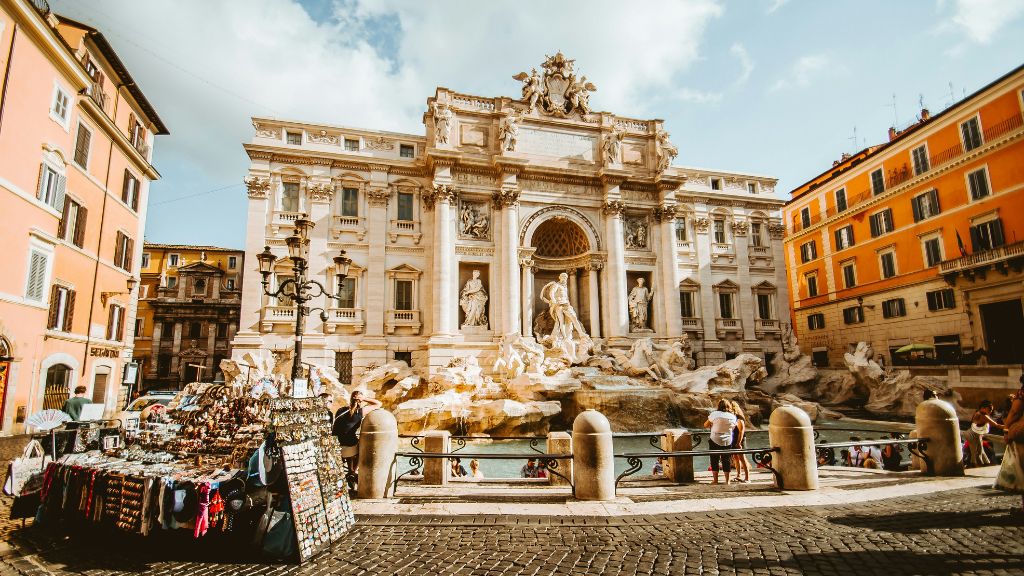
Chris Czermak / Unsplash
How does it work across Europe?
London could draw on the experience of European capitals where tourist taxes are an established norm.
In France, starting from January 1, 2024, Paris will charge €5.20 per night for tourists staying in three-star hotels and €8.45 per night in four-star hotels. This tax is usually excluded from the accommodation price and paid locally. The French government is also considering additional fees for entry into major attractions like the Louvre and Notre Dame to fund their preservation.
Amsterdam imposes one of Europe’s highest tourist taxes, charging 12.5% of the room rate per night, regardless of the district. The tax revenue is used to combat the effects of over-tourism and fund environmental initiatives. The city is also exploring a fee for day-trippers, similar to Venice’s entry tax.
Invalid slider ID or alias.
Barcelona levies both municipal and regional tourist taxes. From October 2024, the municipal tax will rise to €4 per night, with the total cost for five-star hotel guests reaching €7.50 per night. This revenue supports street cleaning, security, and the promotion of “quality tourism,” according to the city’s mayor.
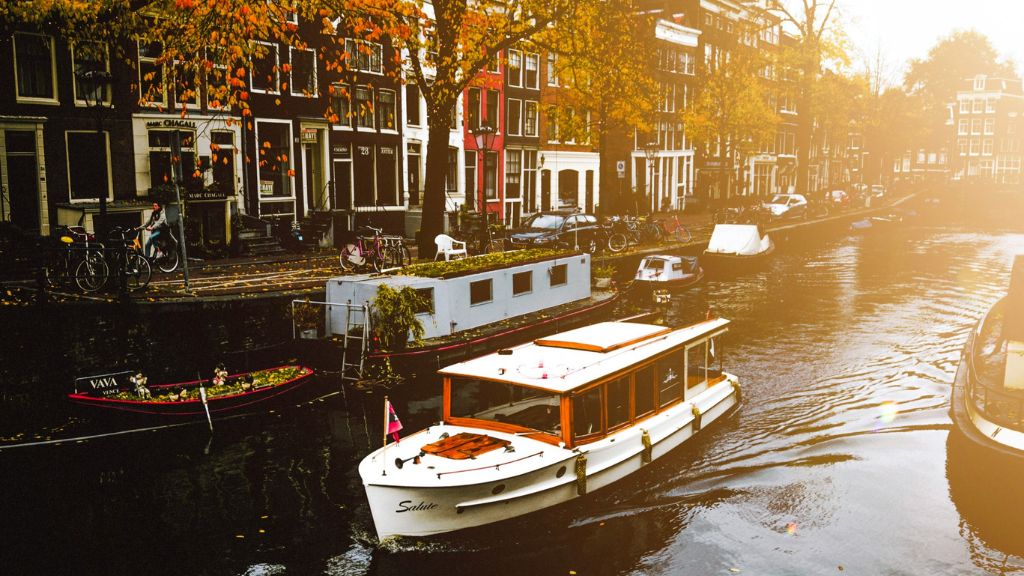
Jose Iiamas / Unsplash
Rome has long implemented the tassa di soggiorno, with rates depending on hotel categories. Visitors to five-star hotels pay €10 per night, while four-star stays cost €7.50, and three-star accommodations charge €6. The funds are directed toward preserving landmarks like the Colosseum and improving tourist infrastructure.
Berlin introduced a city tax in 2014, set at 5% of the room rate per night. For four-star hotels, this equates to €1.70 per night, while Airbnb rentals incur a €2.25 charge, and five-star hotels levy €3.50. Cruise passengers are also subject to fees: €3 for visits under 12 hours and €2 for longer stays. These funds support cultural projects and urban development.
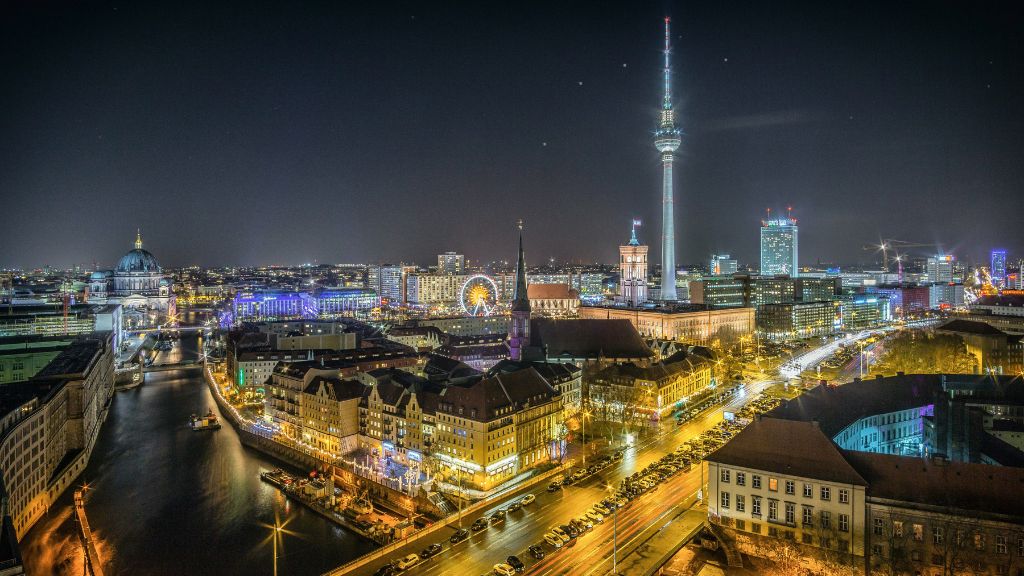
Stephan Widua / Unsplash
London in the global context
For years, the UK resisted implementing tourist taxes, but recent financial challenges have forced a change in approach. Manchester became the first British city to introduce a tourist tax in 2023, charging £1 per night. The funds are used to organise events and improve infrastructure.
Additionally, from April 2025, the UK will impose a £10 Electronic Travel Authorization (ETA) fee on short-term visitors who do not require a visa. This measure could further increase the financial burden on tourists.
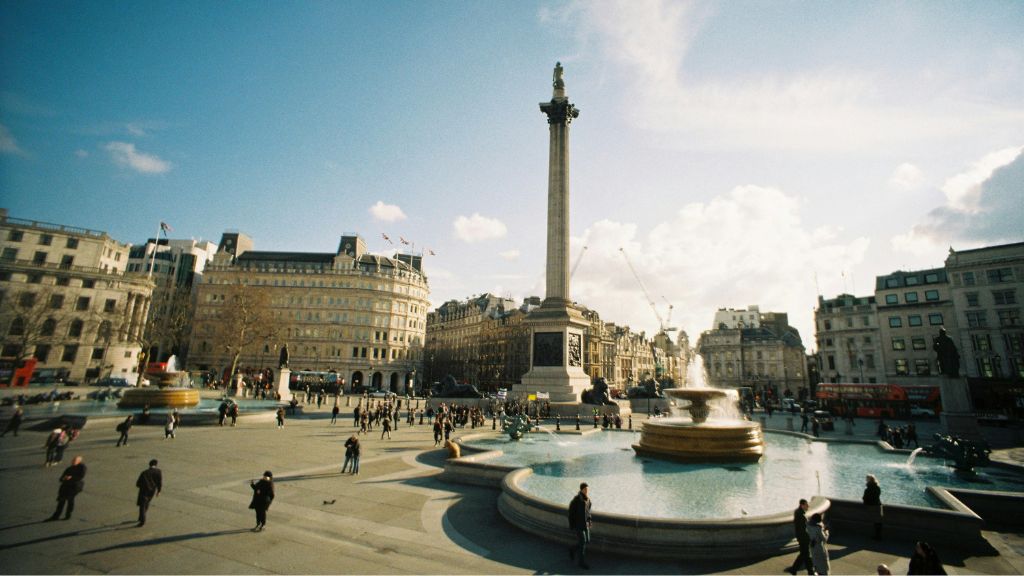
Nick Page / Unsplash
Potential impact on London
As one of the world’s most visited cities, London stands to generate substantial revenue from a tourist tax, which could be invested in modernising transport, supporting cultural sites, and expanding green spaces. However, higher costs may deter budget-conscious travellers, potentially reducing the influx of lower-spending tourists.
The experiences of Paris, Amsterdam, and other European cities demonstrate that well-designed taxes can mitigate the negative effects of mass tourism while improving residents’ quality of life. For London, the key lies in balancing financial demands on visitors with their overall experience, ensuring the tax becomes a tool for sustainable development rather than a deterrent.
Cover photo: Robert Bye / Unsplash
Invalid slider ID or alias.
Read more:
Winston Churchill: descendant of a pirate, impressionist and husband to the perfect wife
The lonely voice of Alexander Sokurov: a retrospective in London
SUBSCRIBE
Receive our digest once a week with quality Russian events and articles









